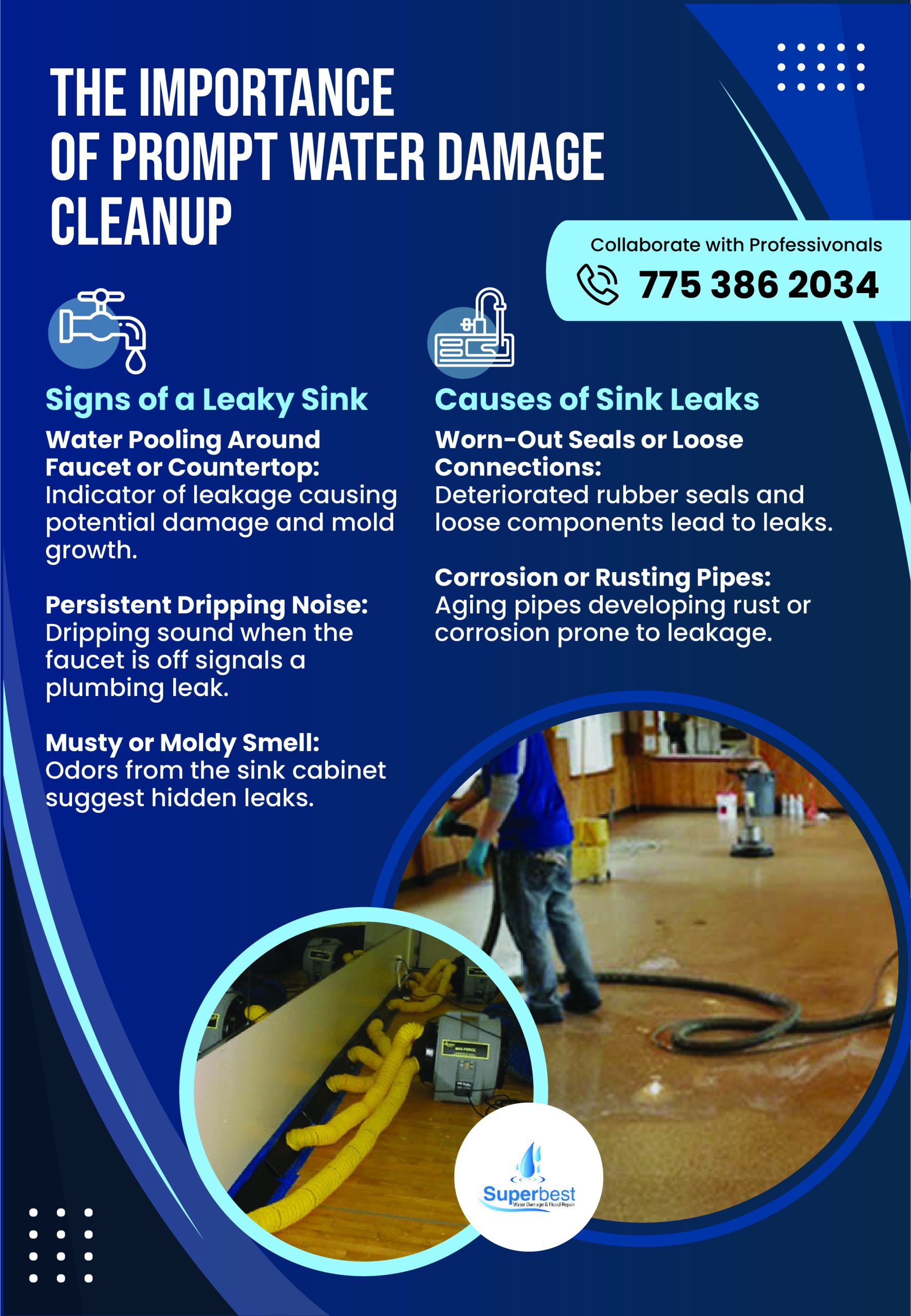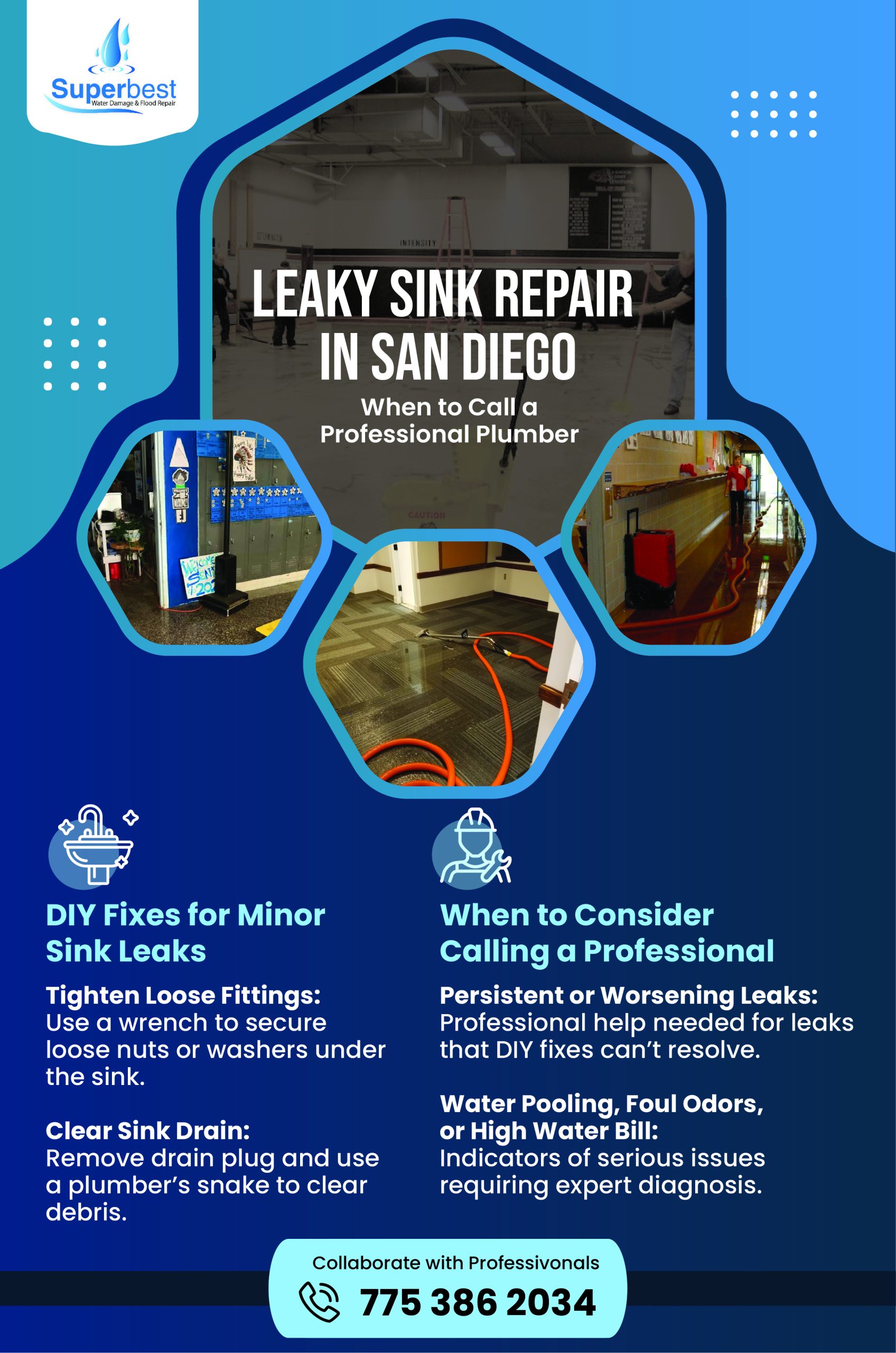Signs of a Leaky Sink
Leaky sinks can lead to a variety of issues if not promptly addressed. One of the most noticeable signs of a leaky sink is the presence of water pooling around the base of the faucet or on the countertop. This accumulation of water can not only damage the surrounding area but also create a breeding ground for mold and mildew.

Another indicator of a sink leak is the sound of dripping water even when the faucet is turned off. This persistent dripping noise can be both annoying and a clear signal that there is a leak somewhere in the plumbing system. Additionally, a musty or moldy smell emanating from the sink cabinet or under the sink can also suggest the presence of a leak.
Common Causes of Sink Leaks
Sink leaks can be a common nuisance in many households, often caused by worn-out seals or loose connections. Over time, the rubber seals that prevent water from leaking out of pipes can deteriorate, leading to leaks around the sink area. Additionally, if the connections between the different components of the sink, such as the faucet, drain, or pipes, become loose or damaged, water can start to seep out and cause leakage.
Furthermore, another common cause of sink leaks is corrosion or rusting of the pipes underneath the sink. As pipes age, they may develop rust or corrosion, which weakens their structure and makes them more prone to leaking. This is especially true in older homes where the plumbing system may have been in place for many years without maintenance. Regular inspection and maintenance of the sink components can help identify and address potential leak causes before they escalate into more significant issues.
DIY Fixes for Minor Sink Leaks
When dealing with minor sink leaks, it’s important to address the issue promptly to prevent further damage. One common DIY fix for a minor sink leak is to tighten any loose fittings or connections under the sink using a wrench. Sometimes, a leak can be as simple as a loose nut or washer that just needs to be tightened to stop the water from dripping.

Another DIY solution is to check the sink’s drain to ensure there are no blockages causing the leak. You can remove the drain plug and use a tool like a plumber’s snake to clear any debris that might be obstructing the flow of water. By keeping the drain clear, you can help prevent leaks from occurring due to build-up and clogs.
When to Consider Calling a Professional
When facing a sink leak that persists despite attempted DIY fixes or one that worsens over time, it may be time to consider calling a professional plumber. While minor leaks can often be resolved with simple solutions, such as tightening a loose fixture or replacing a worn-out washer, more complex leaks may require the expertise of a professional. If you notice water pooling around your sink cabinet, a foul odor emanating from the drain, or a sudden spike in your water bill without any apparent cause, it may indicate a more serious issue that needs professional attention.
Professional plumbers have the knowledge, tools, and experience to accurately diagnose the source of a sink leak and provide lasting solutions. In cases where leaks are hidden within the plumbing system or require specialized equipment to detect, attempting to fix the issue without proper expertise can lead to further damage and additional costs in the long run. By seeking the help of a professional early on, you can ensure that the underlying cause of the leak is addressed effectively, preventing potential water damage and promoting the longevity of your plumbing system.
The Importance of Timely Leak Repairs
Timely leak repairs for sinks are crucial to prevent further damage and potential safety hazards in your home. Even minor leaks can quickly escalate, leading to water damage, mold growth, and structural issues if left unattended. Addressing leaks promptly can save you from expensive repairs down the line and help maintain the integrity of your sink and surrounding areas.
Neglecting leak repairs not only poses risks to your property but also impacts your water bill and the environment. Wasting water due to leaks contributes to unnecessary expenses and puts a strain on valuable resources. By promptly fixing sink leaks, you can contribute to water conservation efforts and ensure responsible usage of this essential resource.
